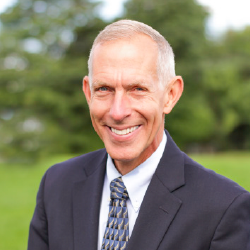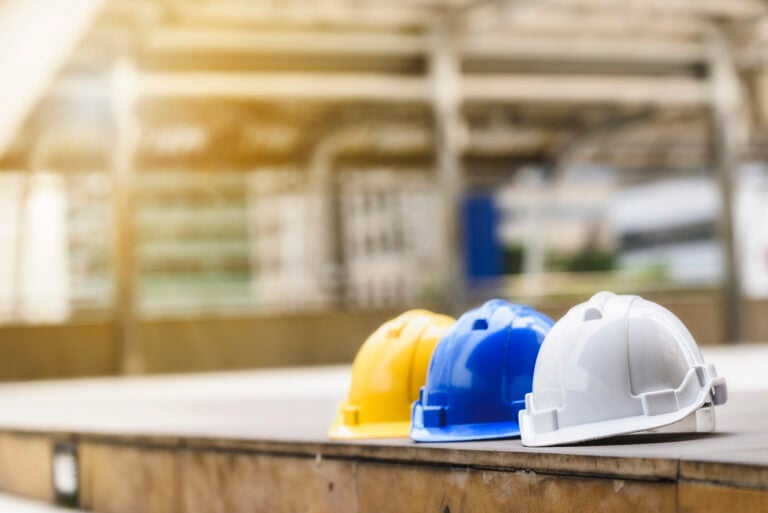In early May I participated in a peer safety review, just before Construction Safety Week. We had participants from across the country. Some were relatively new to the field of construction safety, and others were safety veterans who have been in the industry for decades. The great thing about AWCI’s Peer Safety Review experience is the learning doesn’t happen just at the job site or in a conference room; learning also happens around the breakfast table or in a bar or restaurant as these professionals share their experiences, problems and solutions.
A common theme was the value and ownership of safety. We have heard throughout construction and other industries that “safety is job one.” And although this is a good mantra, two of the PSR participants pointed out that if safety really were job one, we would just send everyone home. There is inherent risk involved in everything we do, and the important point they made was that risk has to be managed in the safest way possible.
One participant pointed out as we were driving to the first job site that riding in an automobile was going to be the most dangerous thing we would do that day. That is a risk we take, but a managed risk: We obey laws and wear seatbelts to keep ourselves as safe as possible performing a task that takes over 300 lives every day.
Other participants talked about the triple bottom line: safety, quality and productivity. Without productivity (or profitability, as some managers prefer to say) there is no reason to take on work. Without quality, owners would not be willing to pay for the work. Safety is the important complement to the other two; getting quality work done safely allows all of us in construction to feel good and comfortable about the work we do.
Another issue, and the theme of this year’s Construction Safety Week, was “value every voice,” meaning everyone has a say in safety. Whether a new hire or seasoned veteran, it is often difficult to communicate that they have the ability to stop work if they see something unsafe, or if they feel that they are in a potentially unsafe condition. If a worker is fearful or nervous or not focused, it is more likely that they will make a mistake that could endanger themselves or those around them.
One PSR participant pointed out that a worker who has a fear of heights is more likely to do something that will cause a fall than someone who feels comfortable working at heights. Sometimes, workers may not feel that they have the authorization to stop work. But there was an example at one of the job sites the team visited that showed that this is not the case. A welder was working in an area that had some nearby tarps partially blocked from the view of the fire watch. An apprentice noticed that the tarps were smoldering, so he got the welder to stop, grabbed a fire extinguisher and doused the smoldering tarps. It turned out that there were gas lines below the tarped area, and this young worker may have prevented a catastrophic accident.
Management’s role in safety was an underlying theme throughout. Through all of the peer safety reviews I have been involved with at AWCI, the president, CEO and CFO of the company being reviewed have been involved and engaged in the process. They understand that safety begins at the top, and that management needs to walk the walk of safety. There were several ways discussed on how this is done, including rewards and incentives for safe behavior, and having company-wide safety training and engagement.
One company has an annual “safety day” where they pull everyone from a branch in for a day of training, engagement and recognition of exceptional workers. For the example cited above of the smoldering tarps, the company has a top-level gold challenge coin that they presented. To even be nominated for this award the action has to be above and beyond regular daily safe practices, and not all nominees receive the award.
We will have a more detailed summary of some of the other issues experienced at our spring PSR. If you or your company are interested in participating in a peer safety review or having the review team come to your company, contact me at [email protected].






